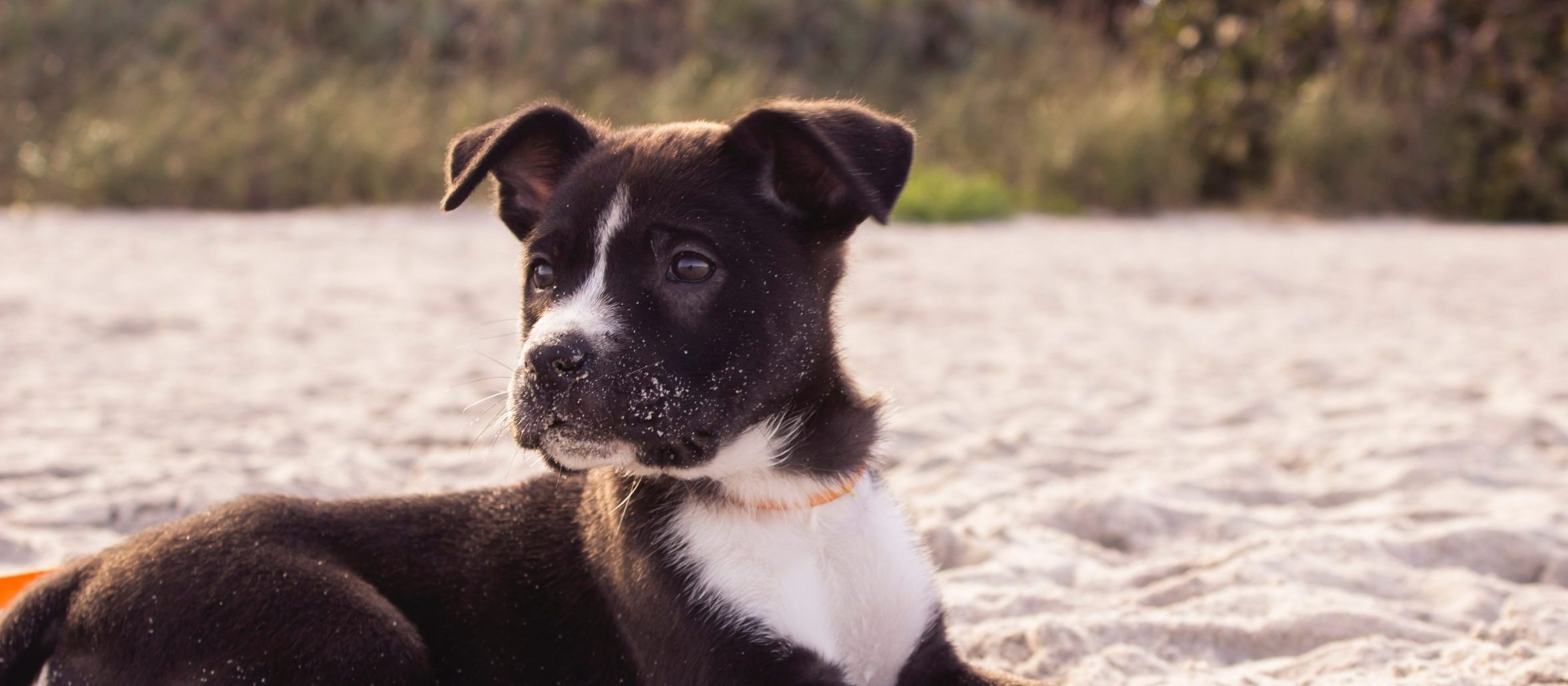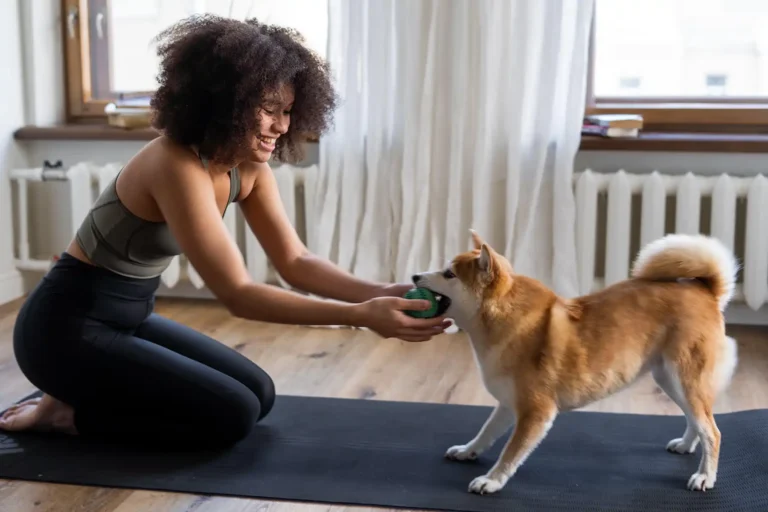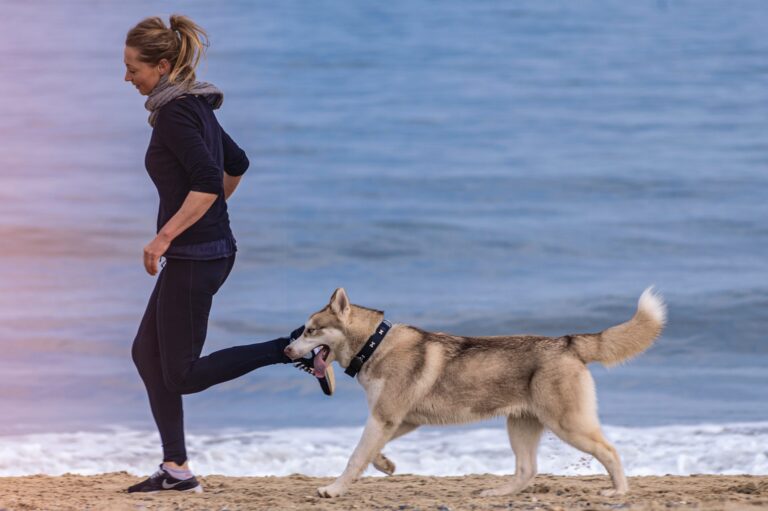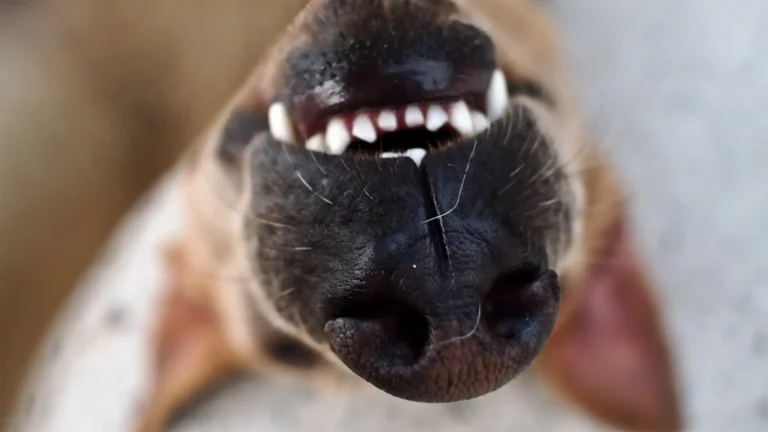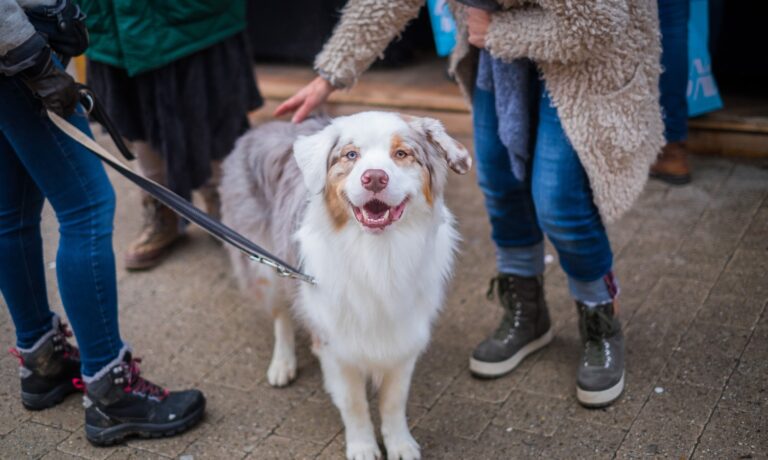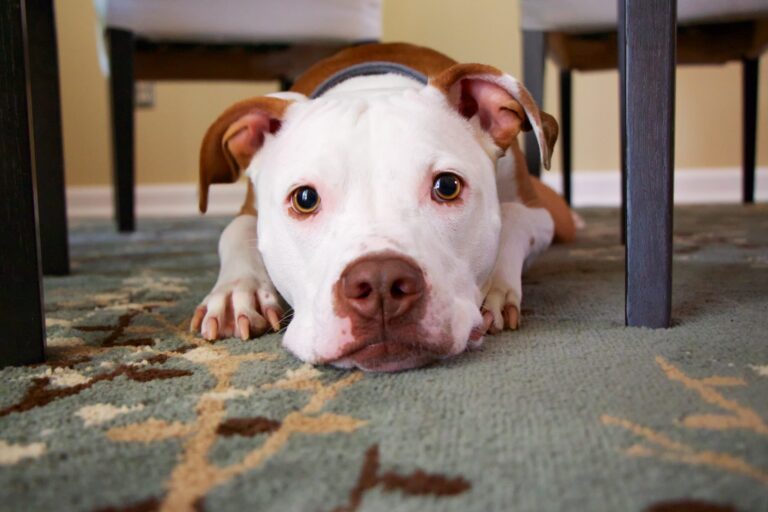When Is The Right Time For You To Get A Puppy?
Puppies are hard work! They require near-constant supervision, need company while they build up independence, require socialising to help them build confidence in the world and benefit from training.
When you get a puppy, the environment needs to support both you and them in being able to fulfil the above. How long you will need is impossible to say, as every puppy responds differently.
Time off work
I encourage puppy owners to take 2-4 weeks off work, depending on what their job entails and how many people are involved with the puppy. This takes the pressure off both owner and puppy.
Night Time Routine
Sleep deprivation from puppies is a real thing! I’ve been there and had the dark circles under my eyes to show for it.
It is important puppies are not left to cry it out at night, as this can cause them significant stress which can lead to huge increases in stress hormones and an imbalance in neurotransmitter levels associated with wellbeing and positive mood.
You will likely need to wake up to let your puppy out for the loo, and it is sensible to set your alarm and do this before they ask by crying. Some puppies will need to go out twice a night at first, and others may require a night time toilet trip for weeks.
This interrupted sleep can have a huge effect on owners, especially if they have to do an important job the next day.
Alone Time Training
Puppies need alone time to be carefully built up and it’s sensible to start once your puppy has developed a routine and is sleeping well through the night.
Rather than relying on reports from your neighbours on whether the puppy barks or not, or looking for evidence of disturbance (such as knocked over water bowls) – you should film your puppy to check they are coping. You need to be ready to return to your puppy quickly if they are not coping, so those first few absences should be short. You then build up the durations carefully.
If your puppy is not okay being alone, and the task ahead looks set to take longer than initially expected- you will need the time to make arrangements to protect your training, rather than leaving your puppy and hoping they just get used to it. Ask friends, family or pet care professionals to help, and if your puppy is coping well for short durations- you will likely need their help to break up their day with company if you are working away.
Building Independence
If you work from home- you will need to develop a routine where your puppy is able to occupy themselves with mental stimulation activities or sleep soundly while you work.
Building Work
It is not advisable to not get a puppy during or shortly before building work is scheduled on your house.
Lots of noise and banging, dust everywhere and builders coming in and out of the house are not really promoting the safe haven and quality rest our puppies need.
It is during rest the body recovers from stressors and it’s during sleep that memory formation occurs. Your puppy needs to rest well in short bursts (generally in 1.5-2.5 hour batches) frequently across the day.
Space restriction- being kept away from dangerous building work- can also lead to frustration in puppies, especially if they cannot yet cope alone when you leave the room. However, giving them puppy-safe chews, such as the GoSmile dental sticks, can help keep them occupied and happy behind a barrier. Just be mindful to give chews under your supervision.
Builders may not have the time to slow down to reassure your puppy and they will need to communicate with one another over building noise. Raised voices, stomping through the house with purpose, carrying heavy items and being associated with loud noises may not be a positive social experience for your puppy. If you do have a dog-friendly builder, getting them to give your puppy a little treat when they arrive, such as the GoShine chewies can help build positive associations.
Remember- socialisation is not a race and it needs to go at your puppy’s pace.
The last place they should feel worried is at home. It is meant to be where they feel most safe.
Holidays
It is tricky to know how each puppy will feel about the world until you start to socialise them. Some puppy’s need more time than others, others can adapt quickly to which ever situation they are in.
If you are going on holiday with your puppy, you should be ready to cancel it if your puppy struggles on their routine walks around the home. Unless the reason for their struggle is something the home environment has that your holiday destination will not (For example, you live by a busy road and are taking your puppy somewhere quiet and rural- in which case, that may benefit them).
Sometimes, the change in environments from going away on holiday with puppies can lead to the de-railing of a previously established routine, such as puppies waking at night time or taking a step back in toilet training.
If you intend on going away without your puppy, the best thing for them is you get a pet sitter to come and stay in your home, so to keep the puppy’s routine the same.
In some instances, you may have family that are happy to look after the puppy. In this instance, be mindful to stay there with your puppy to help them to get use to the environment before you leave them behind.
Children / Babies
Many of my clients say they find having a puppy similar or harder than having a baby or young children.
It’s not always possible to choose when puppies and babies arrive. Some may have paid for a puppy and be waiting a few months for them to be born, and then found out they were expecting a baby! But there are instances where puppies are bought after the arrival of a baby as it’s considered to be the right time. It’s worth considering whether you have the physical and mental resources over a period of months (and possibly longer) to manage a puppy (and young dog) around young children.
Young children need careful supervision and to be taught how to behave appropriately with a puppy. Children and puppies require their own mental stimulation activities and interactions with parents and may have polar opposite times they are active. This may stretch some parents very thin, especially if interrupted sleep is also at play.
Team work can make the dreams work- so it’s possible to cope well with both puppy and young children or babies if there are multiple persons to help. But unfortunately, for one person to tackle on their own, it often seems to be too much.
Summary
Puppies do well to have a routine that is carefully broadened as and when they can cope. They need their home to be a safe place and for their social experiences to be tailored to their individual level of confidence.
Their training takes a duration of time unique to the individual and how much their human can put it into it.
It is for this reason, if we want a well socialised, well rounded and resilient puppy, that we set ourselves up for success by freeing up the time and our head space to focus on them.
